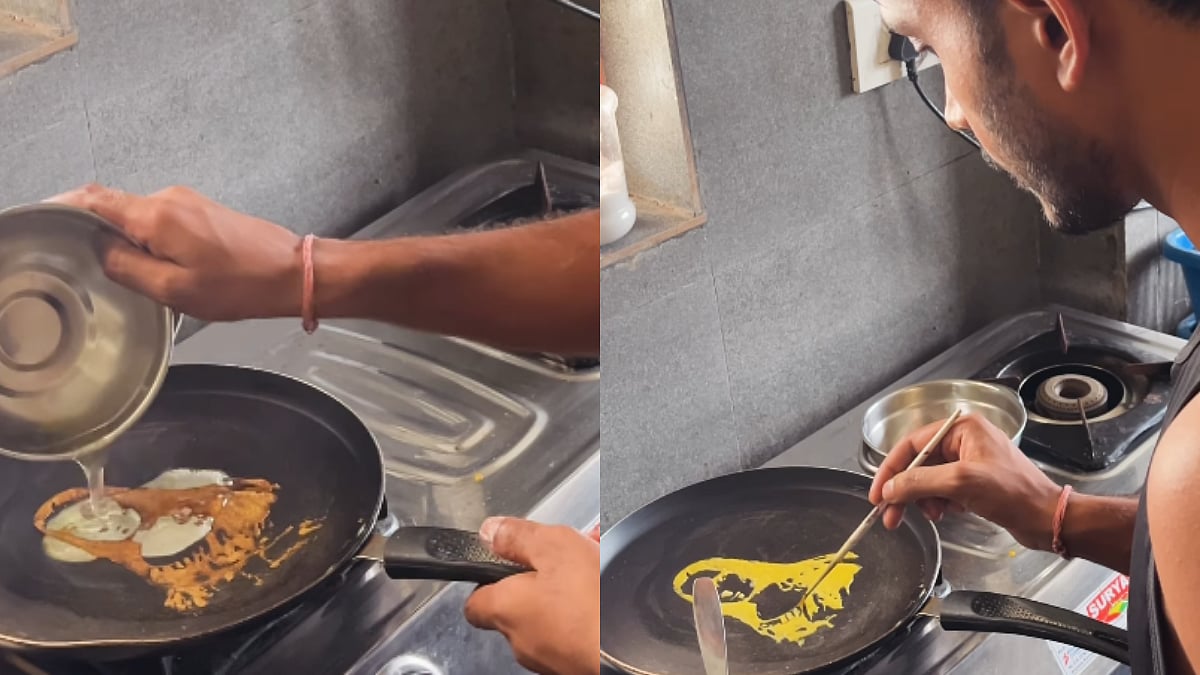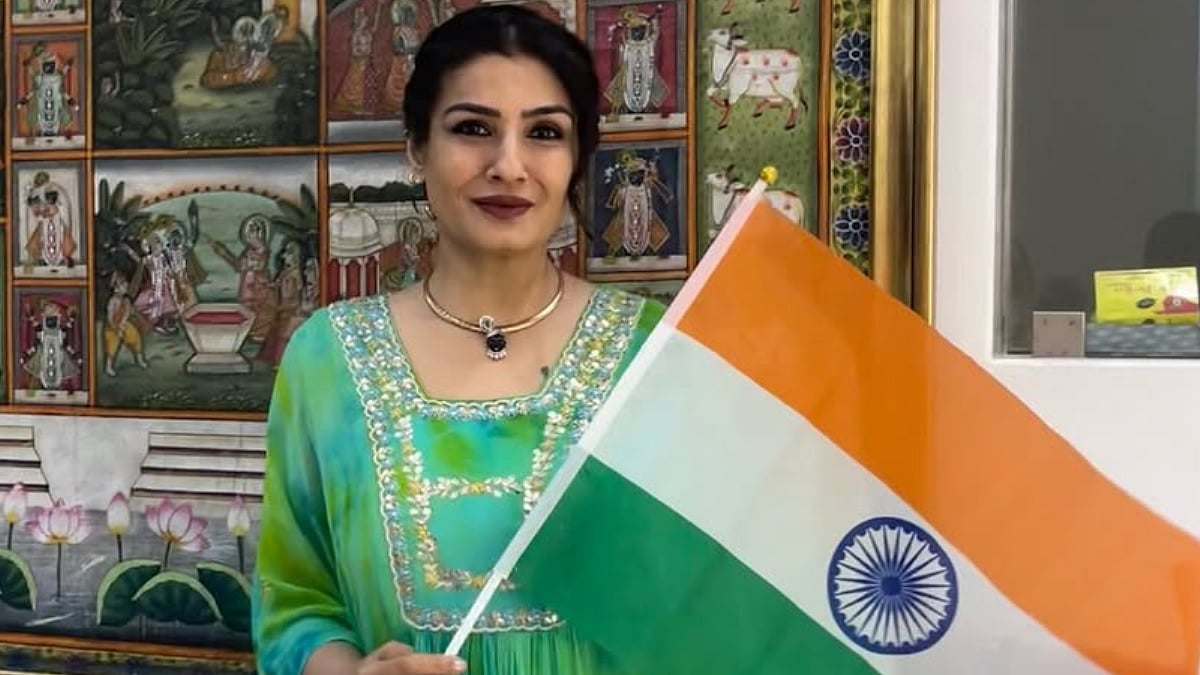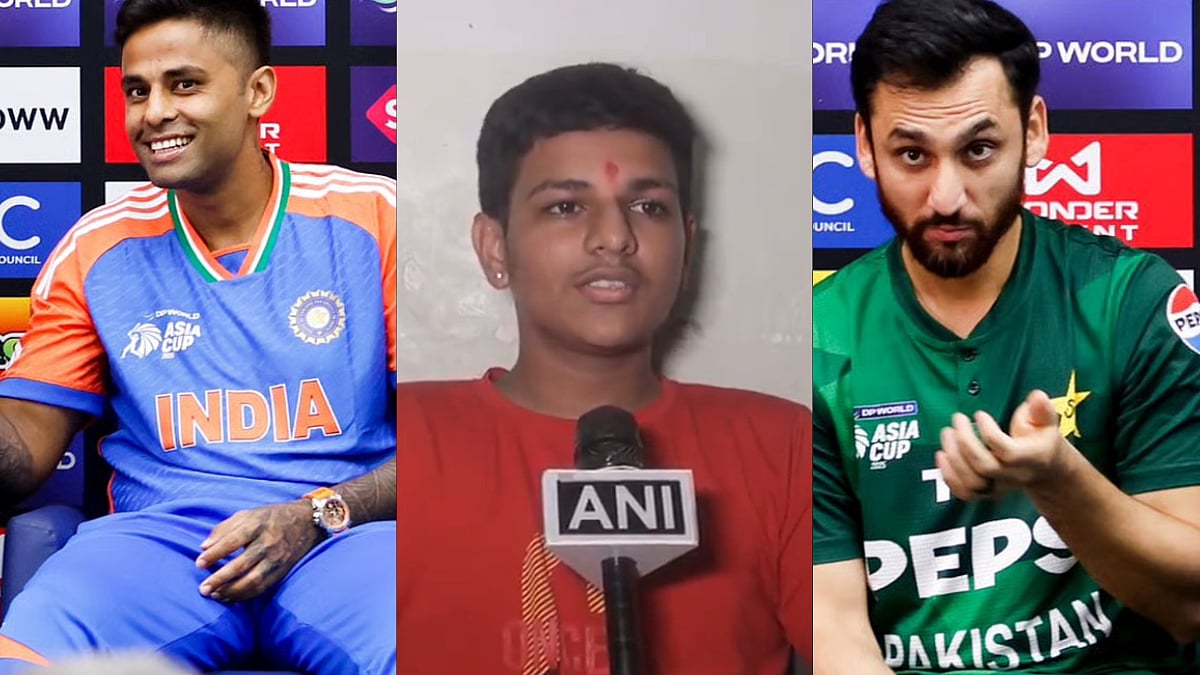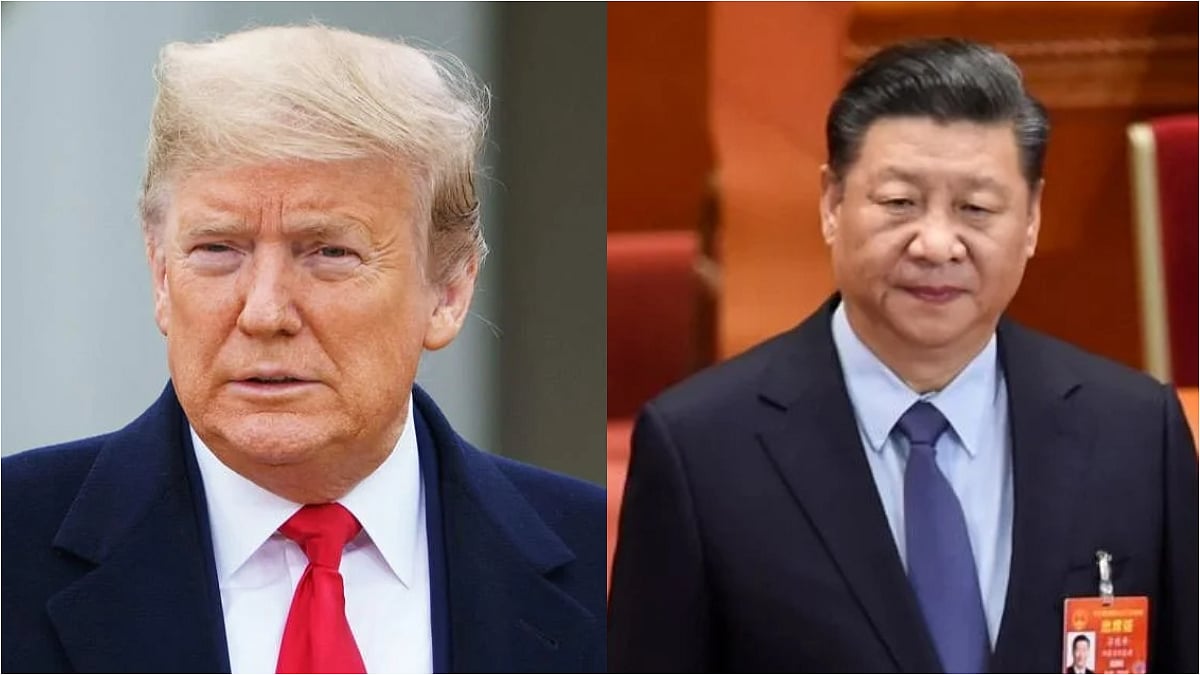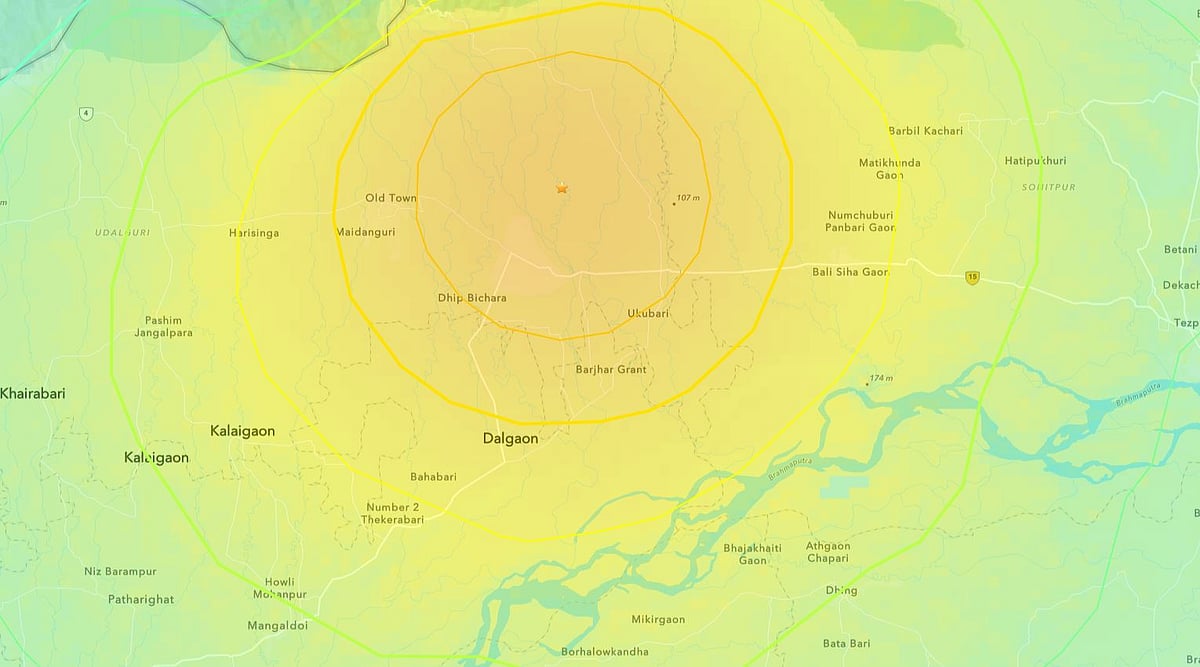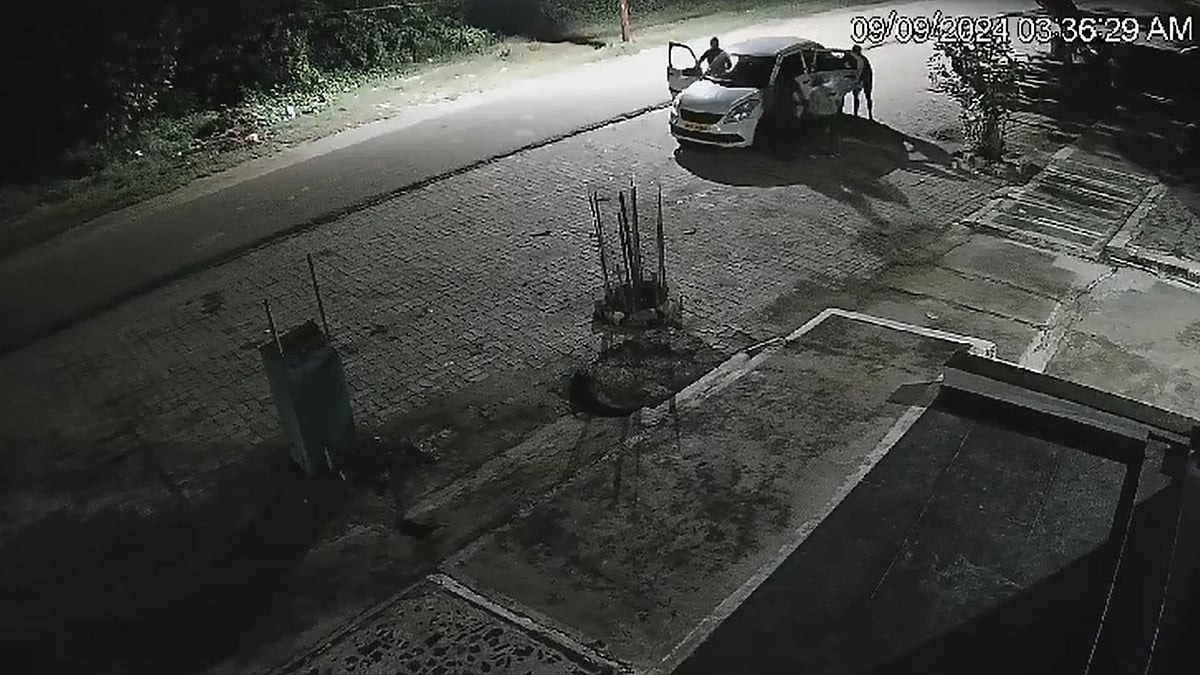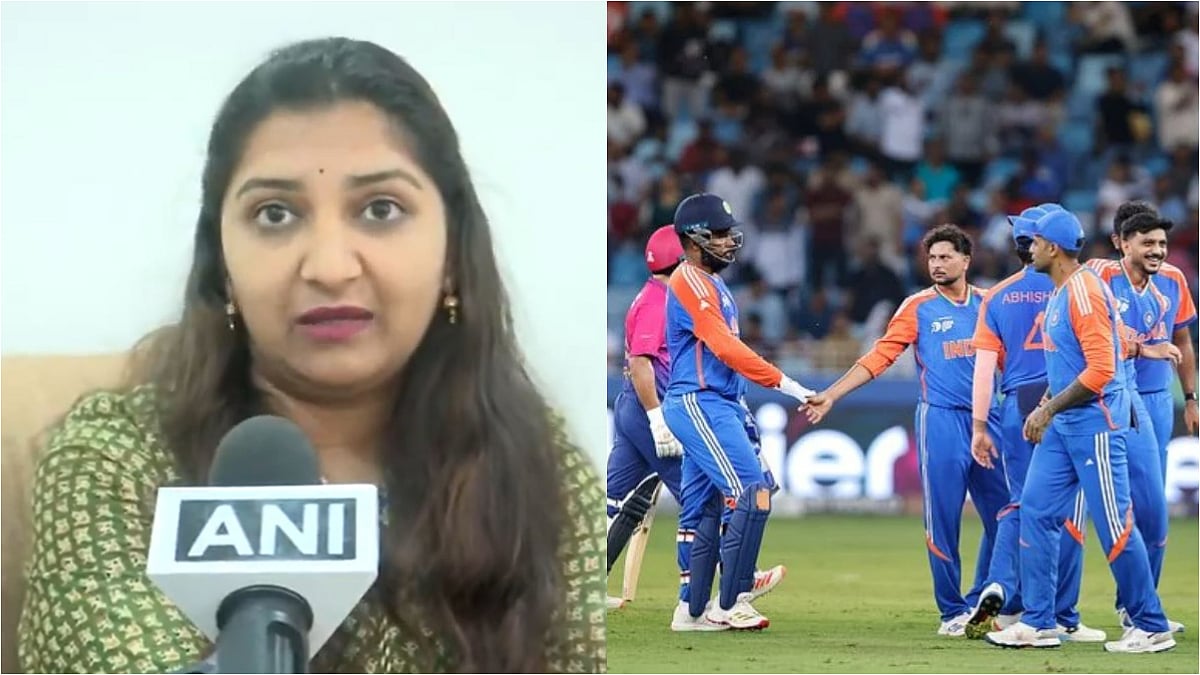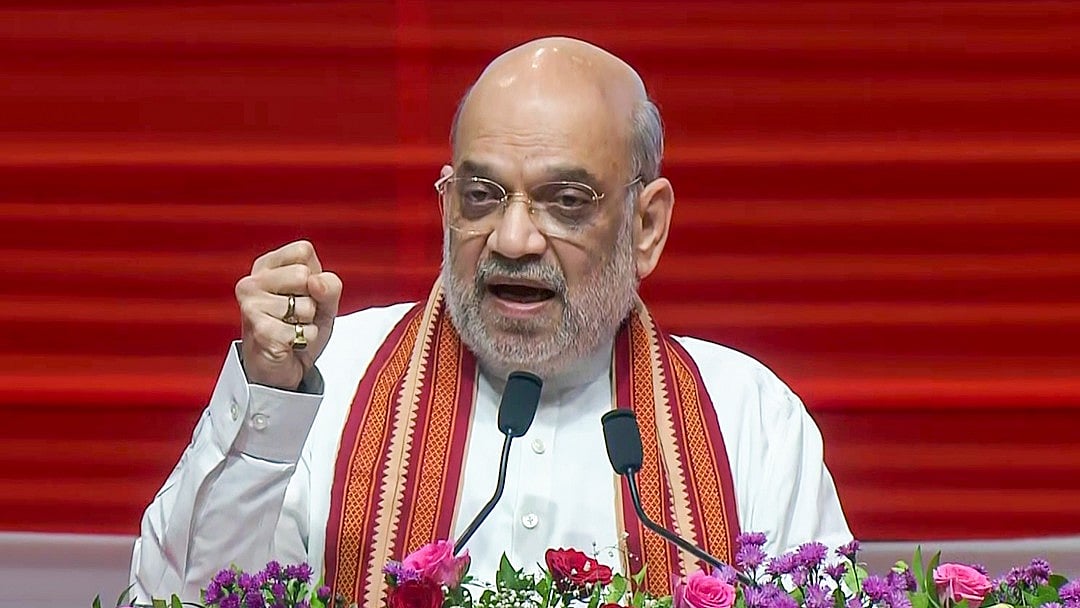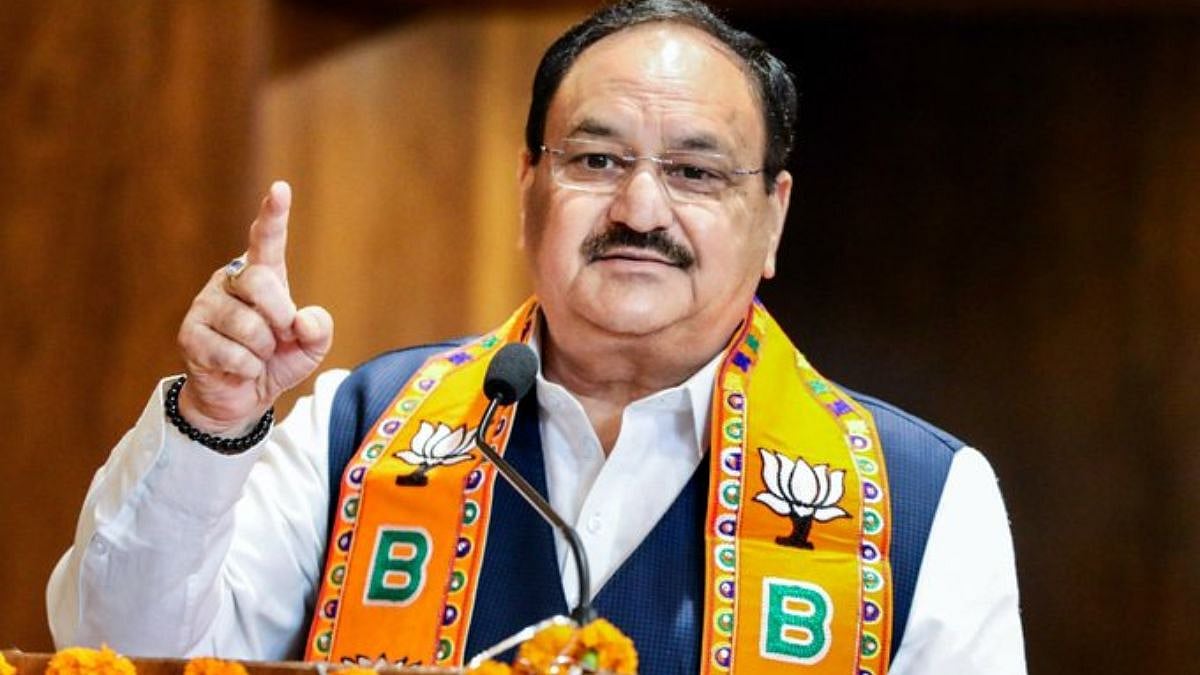The farmers had been peacefully protesting against the Centre's contentious three farm laws at the Singhu, Ghazipur and Tikri borders of the national capital for over two months. However, the protests took a violent turn when a group of farmers broke through police barricades and entered parts of Delhi not permitted for their Republic Day tractor rally.
There were clashes between the protesters and cops. Some of them even stormed into the Red Fort, waved and hoisted the Nishan Sahib and farmer union flags from its ramparts. A protestor died after his tractor turned turtle, while several others were injured.
In condemnation of the violence, four farmer unions dissociated themselves from the protest. Fearing a stern action from the Centre, some farmers even decided to return back to their villages. However, Bharatiya Kisan Union (BKU) leader Rakesh Tikait’s teary-eyed speech on Thursday at the Ghazipur border acted as an elixir for boosting the farmers’ protest.
Tikait made an emotional appeal to his supporters at the protest site and declared that the protest against the farm laws will continue. Later, the BKU leader broke down in tears while speaking to the media. "We will not leave the site," he said. "We will face bullets, but not leave the protest. There is a conspiracy to end this agitation, but it will not end. They want to destroy the farmers," he added. This came after Tikait and several other farmer leaders were named in an FIR filed by the Delhi Police in connection with the tractor rally violence, and Uttar Pradesh government's ultimatum to vacate the Ghazipur protest site.
Reportedly, Tikait's stirring message struck a chord with farmers back in his hometown of Sisauli in Uttar Pradesh. Hundreds of people gathered outside his home and shouted slogans in his support.
At this time, memories of another significant farmers' protest flashed through the eyes of many. Incidentally, the protest was led by Rakesh Tikait’s father Mahendra Singh aka Baba Tikait.
Back in 1988, late Mahendra Singh Tikait had put forth his demands of higher price for sugarcane produce, waiver of dues, concessions in electricity and water tariff. In protest, the Bharatiya Kisan Union (BKU) under Tikait’s leadership had gheraoed the office of the divisional commissioner in Meerut, Uttar Pradesh. Several consultations later, the then Uttar Pradesh Chief Minister Vir Bahadur Singh had invited the BKU to Lucknow for discussions. However, Tikait had other plans.
With Congress at power in both UP and the Centre, Tikat mobilised farmers of western Uttar Pradesh and headed towards the national capital. "For a week beginning October 25, 1988, nearly 500,000 farmers took over the heart of the Capital, occupying Boat Club and its lawns, within earshot of North and South Blocks, and Parliament where the winter session was to start days later," read an article in the Indian Express.
It wasn't the era of social media. Hence, disseminating information regarding their 35-point charter of demands was difficult. People had to listen to news broadcast by the government-controlled Doordarshan and All India Radio. People had to tune into BBC or wait for the morning newspaper to get the "real" news.
The October siege at Delhi saw the farmers taking over the national capital. "The Boat Club flaunted a rural life, with people — huddled around bonfire — sucking hookah. Baba Tikait had turned that area of Delhi into a village panchayat. There were charpoys, buffaloes and carts. We used to milk buffaloes twice a day and cook food on wood fire," a protester recalled.
The government tried everything to evict Tikait and his men from the Boat Club. "Every trick in the book was employed — loud music, at times western, was played at night, hoping this would unsettle the farmers and their cattle, and make them leave; water supply in and around the area was stopped, so was delivery of food packets to feed the vast gathering," the IE report added. However, the farmers did not yield.
On September 1, 1988, a day after the anniversary of Indira Gandhi’s assassination, Tikait called off the protest. However, there was no formal agreement between the Centre and the farmers although concessions were assured.
Months later, the then Uttar Pradesh Chief Minister ND Tiwari signed a deal with the BKU, conceding many of its demands, before the 1989 Lok Sabha elections. However, mired in the Bofors scandal, Rajiv Gandhi's government was defeated by an alliance forged by the Janata Dal.

